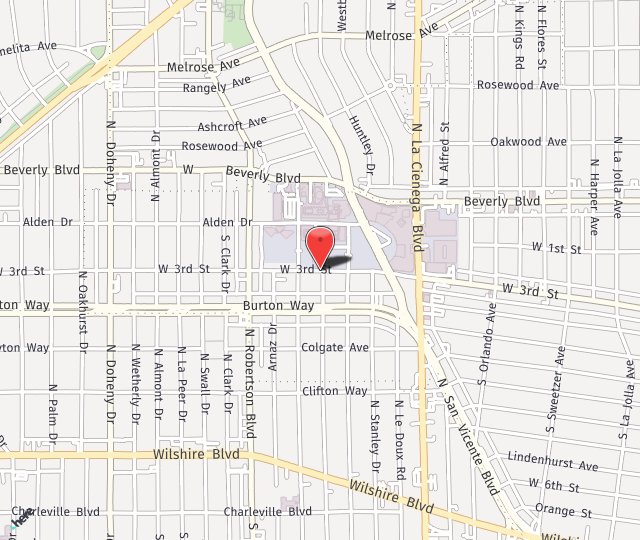Replacing a Muscle
- Posted on: May 15 2020

In these cases, Dr. Seruya could perform a free functional muscle transfer (FFMT) to correct the situation and return function.
What is a FFMT?
To replace the muscle that has lost its connection, Dr. Seruya usually uses the gracilis muscle. This muscle, located on the inner thigh, is one of seven muscles that bring the thigh inward, and it specifically is not critical to this function. It is a strong muscle, however, so it is a good transfer option. To do so, Dr. Seruya harvests it, along with its blood and nerve supply.
Once the gracilis muscle to taken, it has to be connected to the arteries and veins at the recipient site to remain alive. This is complicated surgery that Dr. Seruya performs under a microscope. He first connects the blood supply, followed by the nerve supply. This is a nerve transfer.
Where can FFMT be done?
These procedures using the gracilis muscle from the inner thigh are usually transplanted to the face to replace the smile muscles, to the arm to replace the biceps, or to the leg to correct the foot drop.
These conditions are treated with FFMT:
- Acute Flaccid Myelitis
- Brachial Plexus Palsy
- Facial Paralysis
- Peroneal Nerve Entrapment
What is the surgery and recovery like for FFMT?
These are complex surgeries, lasting from 8-10 hours. Patients are admitted to the Intensive Care Unit immediately afterward. This allows hourly monitoring of the blood supply to the transplanted muscle. If problems are detected, they can be addressed immediately, saving the transplanted muscle. A typical hospital stay for FFMT procedures is 5 days. From there, the patient will need occupational therapy to relearn function in the transplanted muscle. At 6-8 weeks after surgery, electrical stimulation devices will be used to help the muscles contract.
If you’re having any problems with nerve tingling or potential damage, this isn’t something to trifle with. Please call Dr. Seruya at (310) 423-2129 and let’s see what’s going on.
Posted in: Free Functional Muscle Transfer (FFMT)

